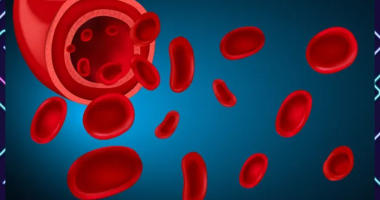Early Life Lipid Levels Linked to ADHD and Autism Symptoms – A recent study suggests that levels of certain fats (lipids) in a newborn’s umbilical cord blood may be linked to the development of Attention-Deficit/Hyperactivity Disorder (ADHD) and Autism Spectrum Disorder (ASD) by age two.
Certain environmental factors during pregnancy and birth, such as exposure to harmful chemicals or maternal inflammation, can increase the risk of neurodevelopmental disorders like ADHD and ASD. These conditions are also associated with changes in certain fats in the blood, which are crucial for brain development.
What Is Attention-Deficit/Hyperactivity Disorder (ADHD) and Autism Spectrum Disorder (ASD)?
Attention-deficit/hyperactivity disorder (ADHD) is a common neurodevelopmental disorder that affects millions of children and adults worldwide. It’s characterized by a persistent pattern of inattention, hyperactivity, and impulsivity that interferes with daily functioning. On the flip side, Autism Spectrum Disorder (ASD) is a complex neurodevelopmental condition characterized by differences in social communication and interaction, along with repetitive and restricted behaviors or interests.
The Study and Key Findings
Researchers in Australia studied a group of over 1,000 mother-infant pairs. They analyzed the lipid profiles of umbilical cord blood at birth and assessed ADHD and ASD symptoms in the children at age two using questionnaires. The study found the following;
- A group of fats called “acylcarnitines” in the cord blood was linked to both ADHD and ASD symptoms at age two.
- Higher levels of acylcarnitines seemed to partly explain the link between certain risk factors, such as low household income and maternal inflammation, and ADHD symptoms in the children.
- Other lipid groups also showed connections to either ADHD or ASD symptoms.
What This Means:
The study suggests that analyzing lipids in newborn blood may be a promising way to assess risk for ADHD and ASD early on. Understanding how these fats influence brain development could open doors for new prevention and treatment strategies.
Further studies are needed to explore the exact mechanisms by which specific lipids contribute to ADHD and ASD. This could involve examining other factors related to fat metabolism and mitochondrial function in children with these conditions. Study source
ALSO READ: Maternal stress Linked To Blood Glucose Levels During Pregnancy










